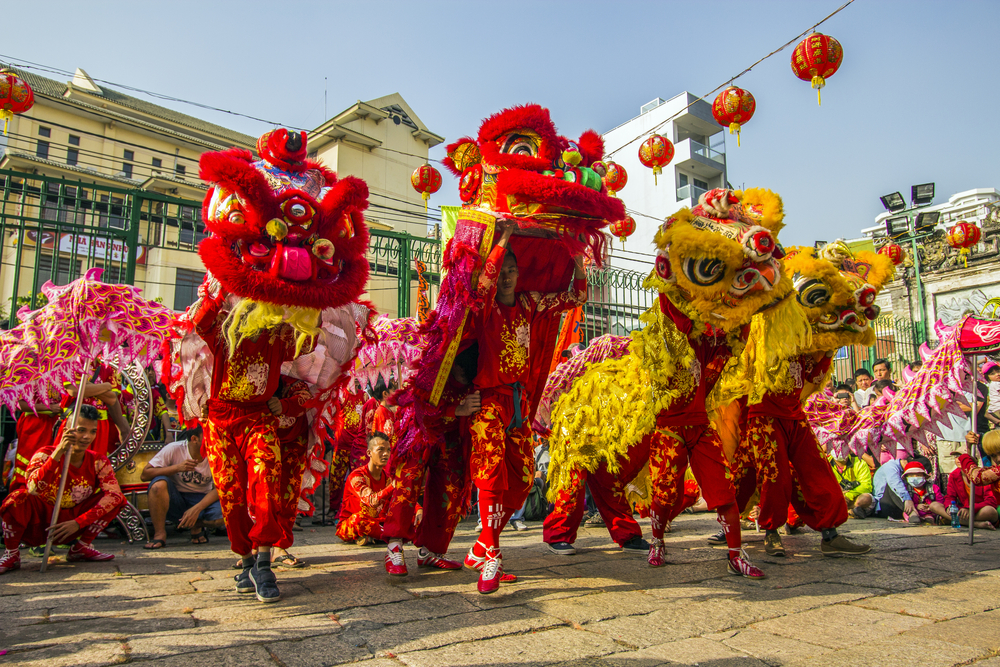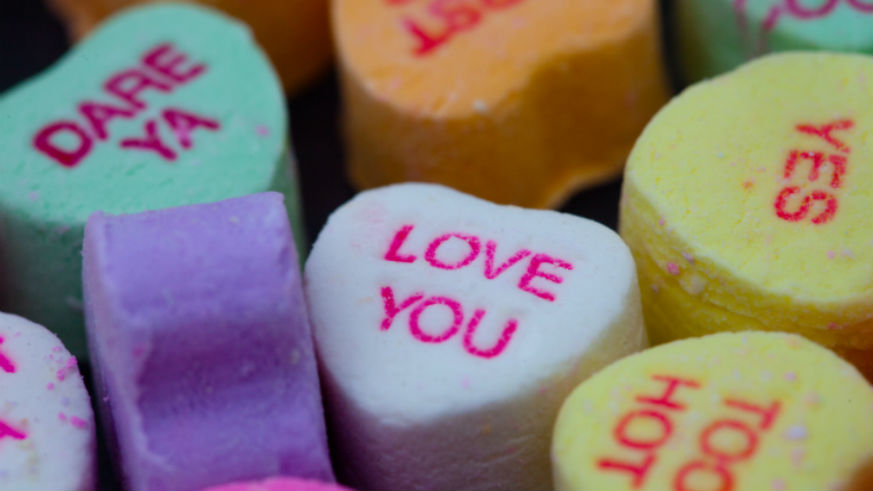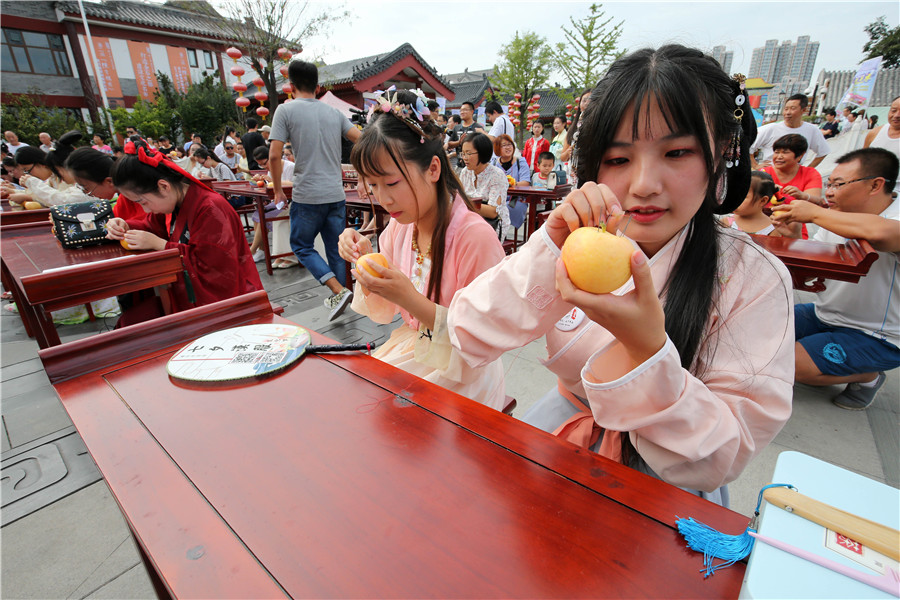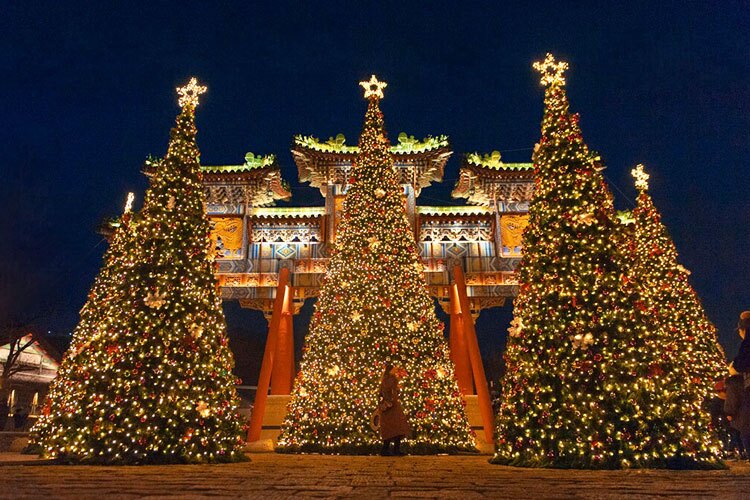Gallery
Photos from events, contest for the best costume, videos from master classes.
 |  |
 |  |
 | |
 |  |
 |  |
 |  |
Date: 3rd day of 3rd lunar month The Shangsi Festival was originally to commemorate the Yellow Emperor, the ancestor of Chinese people. In order to celebrate the birth of the Yellow Emperor, people would go out on a spring tour or have a drink at the water's edges on the third day of third lunar month, which provided a good opportunity for lovers to have a date. In addition to Qixi, there are a few other romantic holidays celebrated each year in China: February 14: Valentine's Day (情人节 Qíngrénjié) Valentine’s Day is mainly popular amongst younger generations as it is an import from the West, and it is celebrated a bit differently in China. Aside from that, Valentine’s Day in China is celebrated much like it is in western countries. Restaurants and florists hike up their prices, delivery drivers are swimming in roses, one lucky lady in the office will inevitably receive an extremely over-the-top bouquet and all the other ladies will “ooh” and “aah” as they snap pictures Valentine's Day is not so popular in small cities, towns and the countryside. Language Tips: How to Say Valentine's Day in Chinese. 情人节 (Valentine's Day): qíng-rén-jié or /ching-rnn-jyeh / 情人节快乐 (Happy Valentine's Day): qíng-rén-jié kuài-lè or /ching-rnn-jyeh kwhy-ler/ How Chinese People Celebrate Valentine's Day in China Valentine’s Day # 2 – 14/3: White Valentine’s Day (白色情人节, Báisè qíngrén jié) Valentine’s Day # 3 – 20/5: 520, Wǔ’èr líng. Valentine’s Day # 4 – 25/8: Qi Xi Festival (七夕节, Qīxì jié) Valentine’s Day # 5 – 15th Day in Lunar Year: The Lantern Festival (元宵节, Yuánxiāo jié) The Qixi Festival, also called the Qiqiao Festival, is celebrated every 7th day of the 7th month according to the Chinese lunar calendar. The festival is known as Chinese Valentine's Day. It is the most romantic festival among traditional Chinese festivals. In 2025, the date of the Qixi will be August 29, Saturday. Qixi Festival 2025 Qixi Facts Western Valentine's Day: Celebrated on February 14th, it is a well-known day of love and romance influenced by Western traditions. The Shangsi Festival : Taking place on the third day of the third lunar month (in the period Mar. 24 – Apr. 22), this festival has been cherished since ancient times as a romantic occasion for going out and However, in my opinion, Chinese Valentine’s Day is the most fitting, as Qixi Festival has been celebrated in China for over 2,000 years, symbolizing the unwavering love and commitment between married couples. So, our story of the Chinese Valentine’s Day begins here. Part 1: The Story of Chinese Valentine’s Day: The Cowherd and the Weaver Girl 7th Day of 7th Month in Lunar Calendar – Qixi Festival (七夕节 – qīxì jié). This traditional date for lovers has been revived in recent years as a traditional Chinese Valentine’s Day. It is probably the most commonly celebrated Chinese Valentine’s Day. November 11th – Single’s Day (双十一 – shuāng shíyī). The numbers May 20 is China’s second unofficial Valentine’s Day after the Western holiday celebrated on February 14. The numbers five (wǔ), two (èr), and zero (líng) are used to express ‘I love you.’ That is because wǔ èr líng (520), sounds phonetically like wǒ ài nǐ (I love you) in Chinese. This Day can be seen as a celebration or a lament of being single. There is also Rose Day in May, Kiss Day in June, and Hug Day in December. China. Valentine’s Day is known as the Qixi Festival or the Seventh Night Festival in China. This holiday falls on the 7th Day of the 7th month of the lunar calendar. 4. Valentine's Day for Singles. Though Valentine's Day is often seen as a time for couples, it is also an important occasion for singles in China, particularly with the rise of Singles' Day (11.11), which started as a celebration for those without a partner. On Valentine's Day, some singles celebrate by: The Chinese Valentine's Day is celebrated on the 7th day of the 7th lunar month in the Chinese calendar. There is an interesting love story behind this day about the 7th daughter of Emperor of Heaven and an orphaned cowherd. The Emperor played spoilsport and separated both of them. The celebrations of Chinese Valentine's Day or Qi Qiao Jie - the seventh eve is quite different from usual Valentine's Day celebration we see in rest of the world. There are specific and colorful rituals for the day besides the usual exchange of flowers, cards and chocolates as tokens of love between lovers. This ancient Chinese festival honors the love story of Niulang and Zhinu, two star-crossed lovers who were separated by the heavenly queen and only allowed to meet once a year on this day. Modern Valentine's Day Celebrations in China. On February 14th, Chinese couples often celebrate Valentine's Day by exchanging chocolates, flowers, and other Chinese Valentine’s Day is a holiday observed in China on the seventh day of the seventh month of the Chinese lunar calendar. This places the holiday somewhere around the middle of August on the Gregorian calendar. It has been celebrated for thousands of years, but it is only an observance and is not an official [] On August 22, celebrate QIXI, Chinese Valentine's Day, at China World Summit Wing, Beijing. Indulge in special set menus crafted for this occasion. As a hotspot for marriage proposals, Grill 79 offers fine dining with a charming harp performance and a selection of wines to enhance romantic moments. They celebrate Chinese White Valentine’s Day exactly a month after Valentine’s Day in the Western world, on March 14. They celebrate the tradition throughout Asia, including Japan, and South Korea, In most Asian countries the idea of Valentine’s Day celebrations took quite a while to catch on. In China, there isn’t only Valentine’s Day, but a total of 5 celebrations for lovers! Numbers are of vital importance in the Chinese culture. The 7th day of the 7th month of the lunar calendar represents an important holiday, the one of lovers! Outside China's Christian community, its "celebrations" are not related to religion at all, but this does not stop it becoming a major annual event in major cities of China. Christmas is regarded as a "Valentine's Day" by many young Chinese people. To stimulate consumption, various promotional activities are held in the shops and shopping malls.
Articles and news, personal stories, interviews with experts.
Photos from events, contest for the best costume, videos from master classes.
 |  |
 |  |
 | |
 |  |
 |  |
 |  |